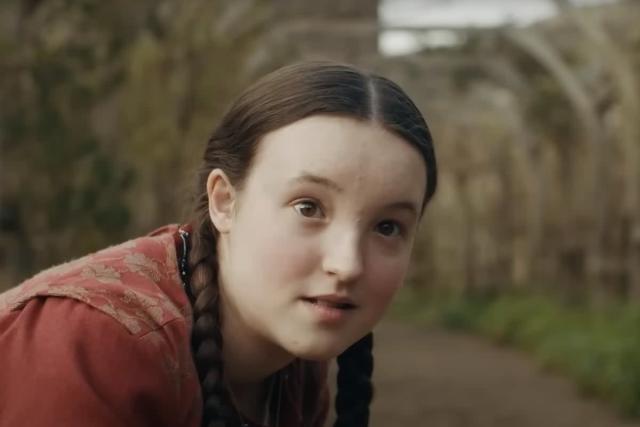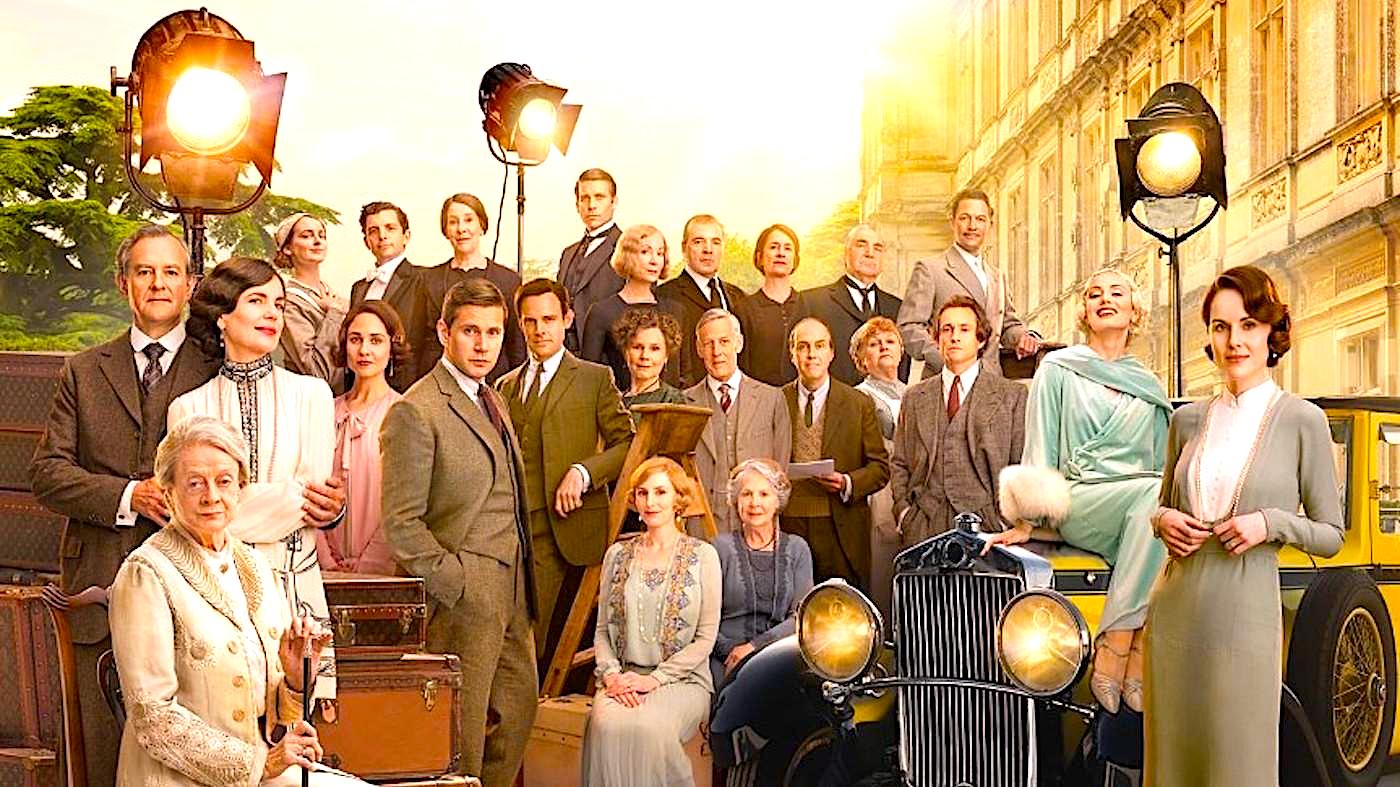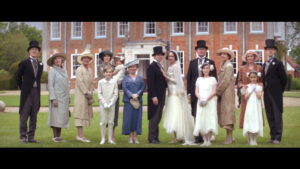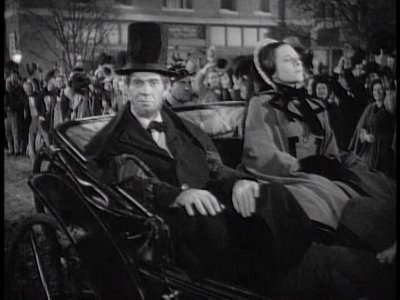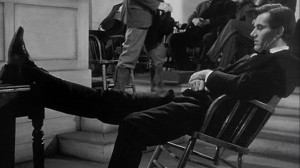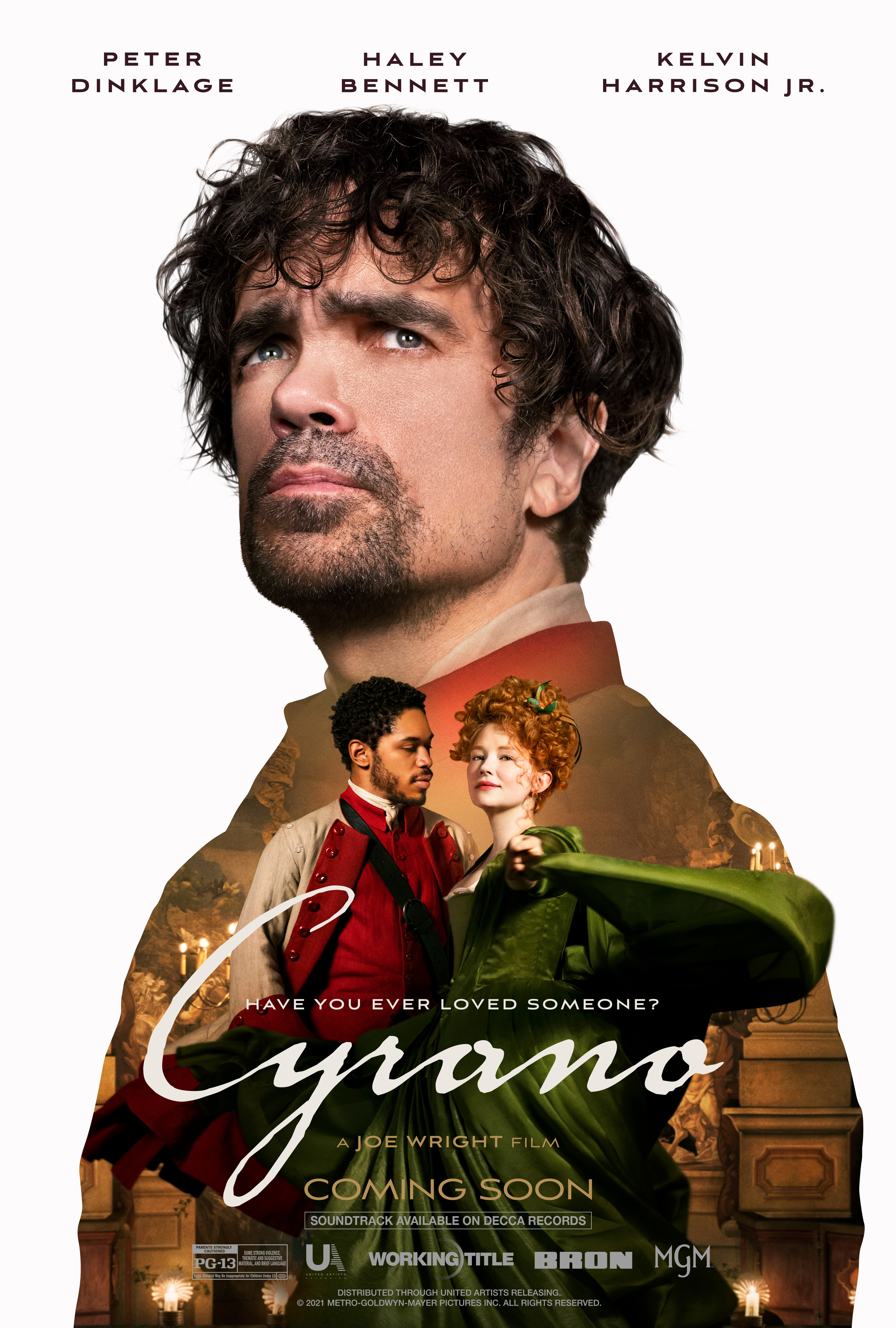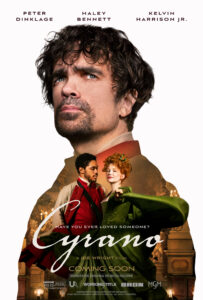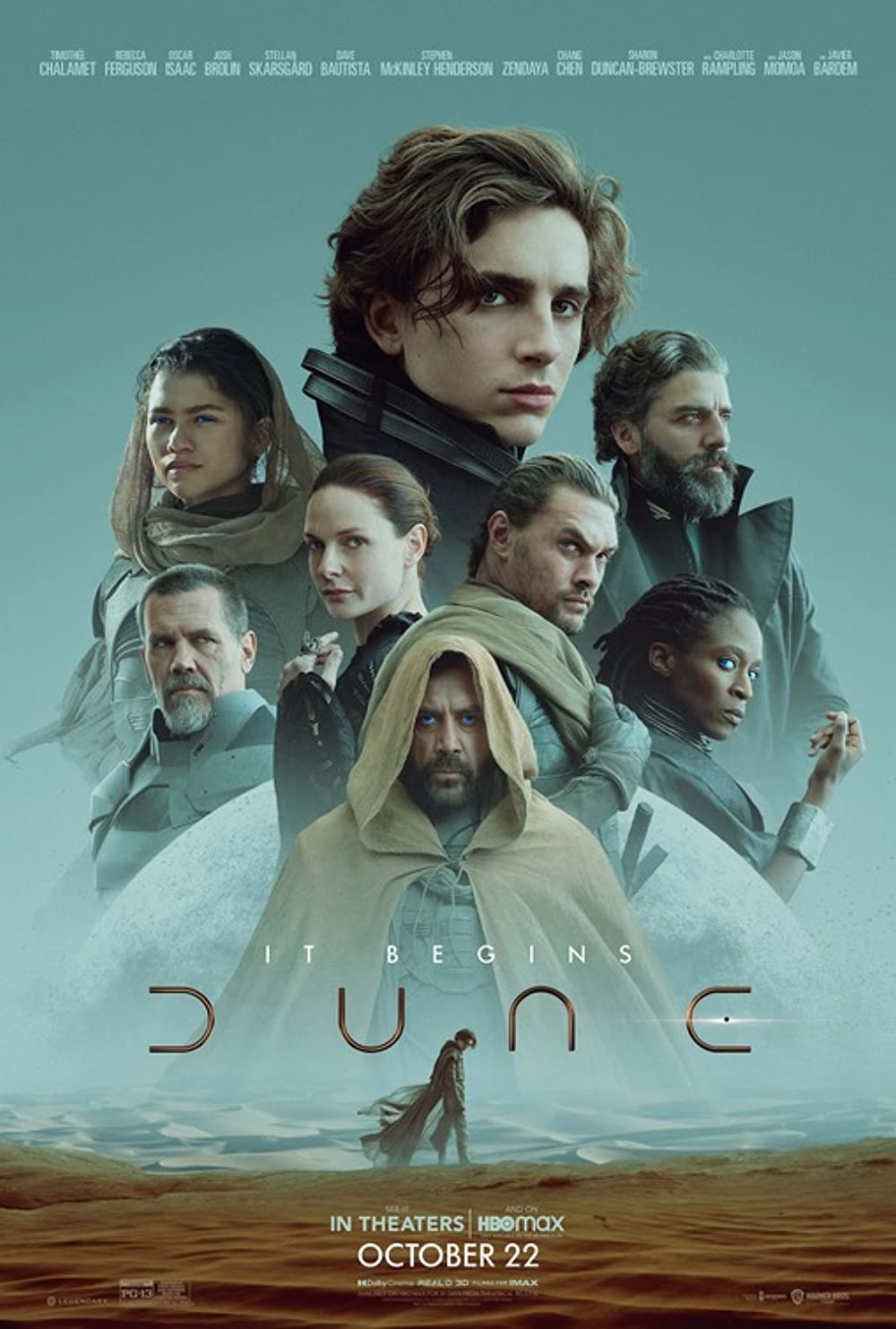Catherine Called Birdy
Posted on September 22, 2022 at 5:27 pm
B +| Lowest Recommended Age: | Middle School |
| Profanity: | Some strong language |
| Alcohol/ Drugs: | Drinking and drunkenness |
| Violence/ Scariness: | Some violence, discussions of forced marriage, references to battles, stillbirth, offscreen death |
| Diversity Issues: | A theme of the movie |
| Date Released to Theaters: | September 30, 2022 |

“Games of Thrones” actress Bella Ramsey is ideal as the title character, the 14-year-old daughter of a feckless nobleman (Andrew. Scott as Lord Rollo) and his kind-hearted wife (Billie Piper as Lady Aislinn). We are introduced to the family and household with brief written descriptions, video game style. They include Birdy’s nurse and confidant, Morwenna (Lesley Sharp), her brothers, one a monk she likes and one living in the castle with her she mostly ignores. Her friends are Perkin (Michael Woolfitt), who cares for the pigs, and another noble teenager, the beautiful Alis (Isis Hainsworth), who comes to visit once a month with her parents. She also adores her Uncle George (Joe Alwyn), who comes for a visit after fighting in the Crusades.
Birdy (nickname from the pigeons she keeps) is a fierce, independent young woman who describes her “lady lessons” as my two least favorite words in one terrible phrase.” She feels unfairly constricted by the norms of her time, and has a long lost of activities unfairly forbidden to women. She is mostly ignored by her father, until he is informed that (1) he is in need of money and (2) the primary asset he can use to get money is his marriageable daughter. In the calculations of the time. a young woman who carries a title is equivalent to a wealthy man without one. As soon as her father finds out that she has begun to menstruate and is therefore ready to bear children, he sends out word that she is ready to be sold into matrimony. She has a series of amusing encounters as she scares off would-be suitors. Finally, though, after Alis is “married” to a nine-year-old, Birdy is promised to the worst of them all.
Dunham gives us a Middle Ages compound that is suitably grimy, with evocative production design by Kave Quinn and costumes from Julian Day and a score from Carter Burwell. But the modern sensibility is evident through contemporary songs on the soundtrack and Birdy’s commentary. She may be ignorant about some of the basic facts of life, but the more interesting knowledge she gains over the course of the film concerns her increased understanding of people and their motivations.
Dunham, like the book’s author Karen Cushman, effectively uses the Middle Ages setting to raise not just contemporary but eternal issues of conflicts between independence and connections of our friends and family, between challenging traditions and allowing them to provide continuity. The humor and pop songs keep the more dire aspects of the story from distracting us when what she wants us to see is Birdy’s resilience and open-heartedness.
Parents should know that this film is frank about puberty and has sexual references and childbirth scenes, including a sad stillbirth. There is off-screen violence, with references to the Crusades and the death of a child, and a sword fight with one participant wounded.
Family discussion: Why did Birdy and Alis have different ideas about how to behave? Why didn’t she agree to go with Ethelfritha? The screenwriter changed the ending from the book. Which ending do you prefer?
If you like this, try: the book and the book series by Tamora Pierce

